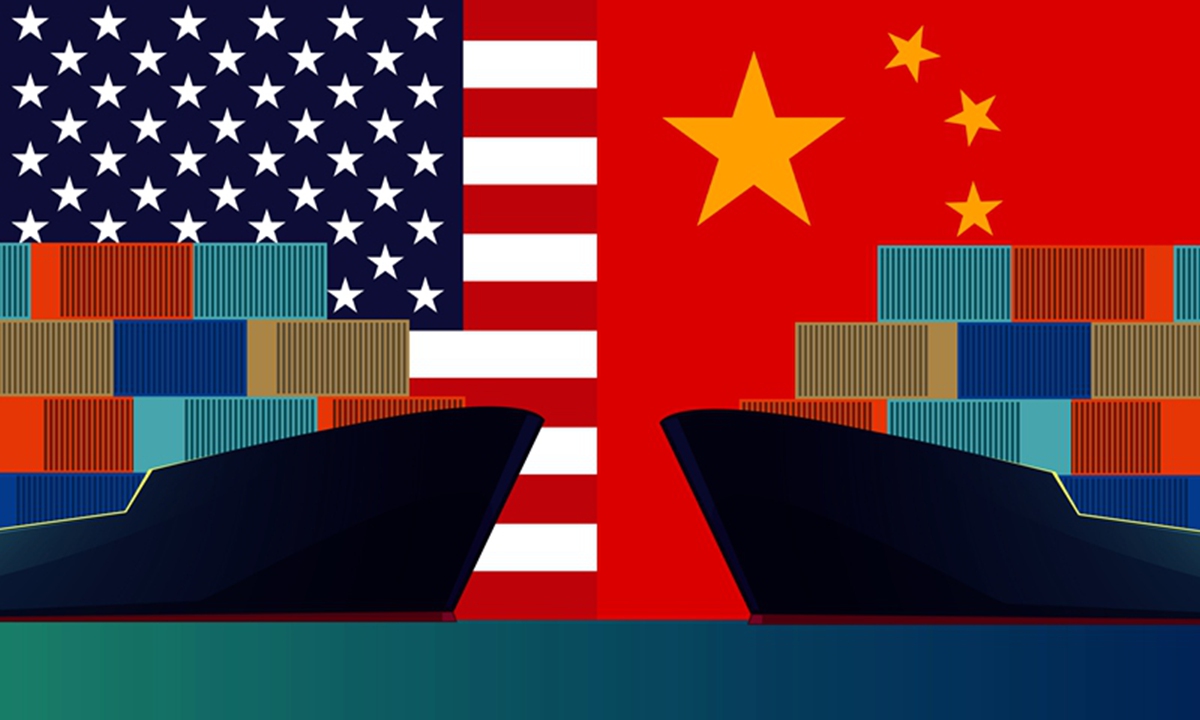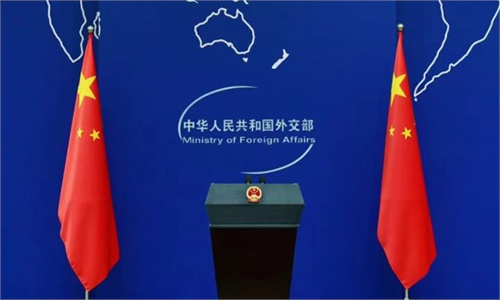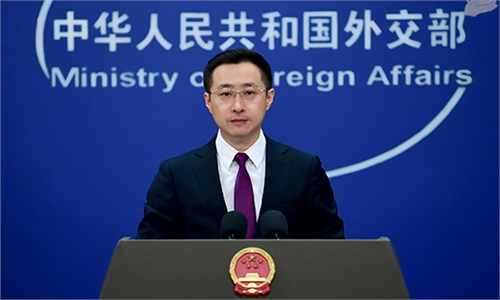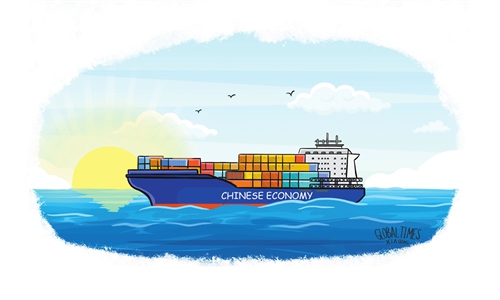The world is now examining the sincerity and integrity of the US: Global Times editorial

China US Photo:Global Times
Early Wednesday morning, China's Foreign Ministry announced that He Lifeng, a member of the Political Bureau of the Communist Party of China Central Committee and Vice Premier of the State Council, will visit Switzerland from May 9 to 12. During the visit, he will have a meeting with the US side. The ministry's spokesperson noted that the US has repeatedly expressed its desire to hold negotiations with China in recent days. These talks are happening at the request of the US side. While the upcoming China-US meetings have been met with high hopes, they also conceal a strategic contest: Whether the US side is willing to abandon its "tariff stick" mentality and genuinely address economic and trade issues in a spirit of equality, respect, and mutual benefit will test Washington's sincerity and integrity.
Tracing the origin and evolution of US abuse of tariffs, it's not difficult to find that, in essence, it is a unilateralist farce of economic bullying carried out under the banner of "America First." On February 1, the US announced a 10 percent additional tariff on Chinese imports under the pretext of the "fentanyl issue." It subsequently raised tariffs to 20 percent and revoked the duty-free policy for small cross-border e-commerce parcels. On April 2, the US announced so-called reciprocal tariffs on trading partners and has since continued to impose tariffs on China, with rates reaching as high as 145 percent. These US actions have severely disrupted the international economic and trade order, posing serious challenges to the recovery of the global economy. In order to defend its legitimate rights and interests as well as the global economic and trade order, China has taken resolute and effective countermeasures. A review of the causes and consequences shows that the responsibility for the current China-US economic and trade difficulties lies entirely with the US side.
Recently, the US side has repeatedly hinted at potential adjustments to tariff measures, and has expressed willingness to engage in dialogue on tariffs and related issues through multiple channels. US President Donald Trump stated that tariffs would "come down substantially" once an agreement is reached with China, while US Treasury Secretary Scott Bessent also acknowledged that current high tariffs are "the equivalent of an embargo" and emphasized that the trade war "isn't unsustainable." These statements reflect Washington's strategic anxiety and internal conflict: On one hand, it seeks to extract benefits through maximum pressure; on the other, it fears completely tearing apart the globalization progress, which could cause irreparable damage to the US economy.
In stark contrast to the US side's repeated flip-flopping, the Chinese side has maintained a responsible and steady position toward bilateral ties and the world. While China's firm opposition to the US abuse of tariffs remains unchanged, its willingness to sit down with the US for talks is, in itself, a demonstration of goodwill and sincerity. This decision was made after a careful assessment of the messages from the US side, and with full consideration of global expectations, China's national interests, and the appeals of American industries and consumers. It is also a decision made from the broader perspective of safeguarding overall China-US relations and ensuring global economic stability. The recent positive response from the global business community and public opinion further affirms this approach.
The key to whether these talks can achieve substantial progress lies in whether the US side can demonstrate sincerity and engage in dialogue with China on the basis of mutual respect and equal consultation. The whole world is closely watching the China-US talks, and countries are observing US actions as well as its words; the "actions" refers to the substantive measures to be taken by the US. If the US wants to resolve issues through negotiation, it must confront the serious negative impacts that unilateral tariff measures have brought to itself and the world. It must acknowledge international economic and trade rules, fairness and justice, and the rational voices from all sectors. The US side should show sincerity in negotiations, correct its wrong practices, meet the Chinese side halfway, and resolve mutual concerns through equal consultation. If the US speaks one way and acts another, or even attempts to use negotiations as a pretext while continuing to engage in coercion and extortion, China will never accept this, nor will it sacrifice its principled stance or international fairness and justice to seek any agreement.
As the world's two largest economies, the US and China gain from cooperation and lose from confrontation. The US has greatly benefited from international trade, enjoying affordable goods from around the world while maintaining a clear advantage in high-value-added sectors such as finance, technology, and services. Overall, China-US economic and trade cooperation is balanced and mutually beneficial. The prosperity of the US relies on the health and vitality of the global economy. The abuse of tariffs disrupts normal business operations and consumer life, triggering severe fluctuations in global financial markets and undermining long-term stable growth in the world economy. Any policy that seeks to rob other countries through tariffs and profit from it is harmful to everyone involved.
At this moment, the global economy is experiencing severe turbulence due to the US abuse of tariff. In the first quarter, the US GDP contracted by 0.3 percent, and in March, the trade deficit soared to record levels, putting consumers at risk of shortages of summer goods. An increasing number of facts validate China's long-standing view that "there are no winners in a trade war or tariff war," and calls for Americans to "maintain sobriety" are growing louder. A trade war has never been the right way to solve problems; cooperation and mutual benefit are the trends of the times. Hopefully, the US side can take this round of talks as an opportunity to recognize the situation, abandon unilateralism and protectionism, and return to the right track of equal dialogue and mutually beneficial cooperation. By fostering sincerity and collaboration, we can achieve a true "big deal" that benefits both China and the US, as well as the world.



